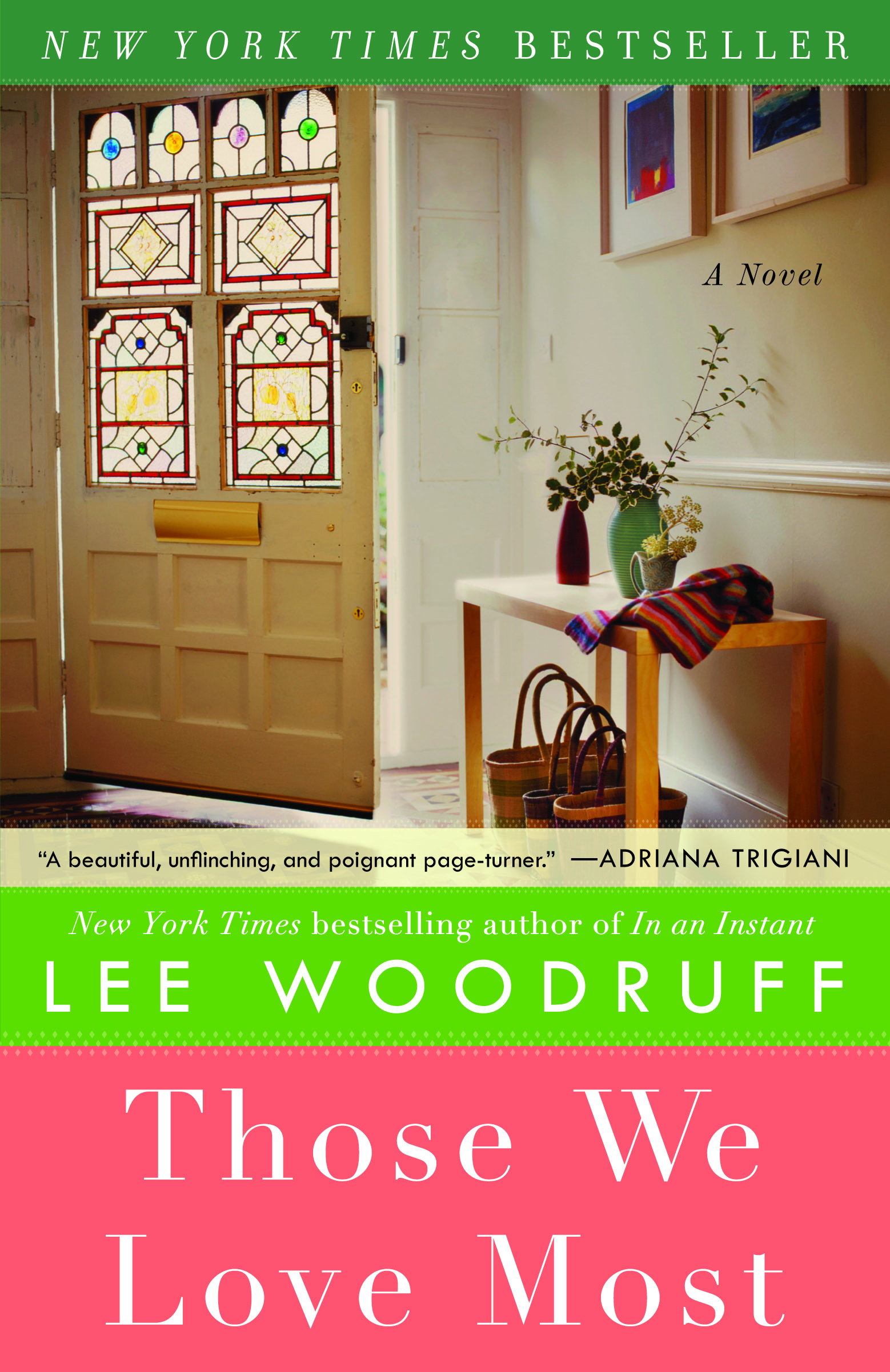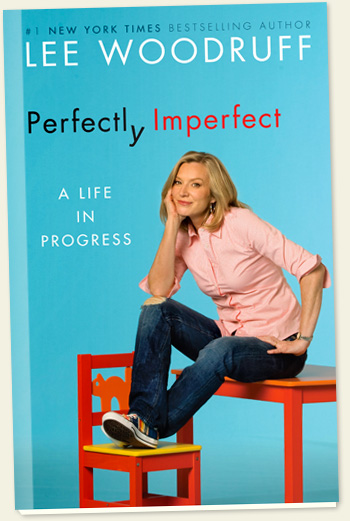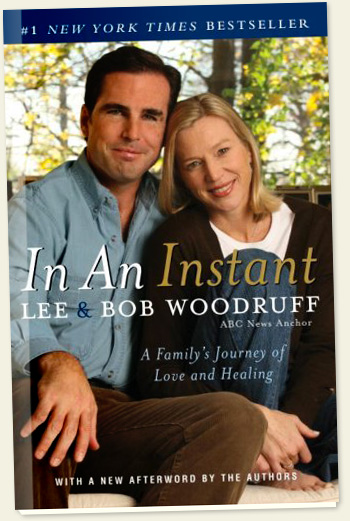Lost Dogs and Mom & Pop Shops
 March 9, 2010
March 9, 2010  17 Comments
17 Comments
We lost our dog the other day. He just never came back. It was completely traumatic, even for a non-dog person like me. But nothing will make you realize faster just how much of a dog person you have become than losing your dog.
That unconditional love gets under your skin.
We let Woody out the door in the morning for a simple pee; just like he has done every morning for the past two years. An hour later, Woody still wasn’t home.
“He’ll come home,” I said to my husband, who was frustrated and talking through his teeth because he needed to get to work. “He always does.” I had already left for the airport, confident that Woody would show up momentarily. And it’s true. If our other dog, Tucker, is a mama’s boy who sticks right near my ankles, Woody has the soul of a wanderer. He likes to take his own route. He is mellow and not a very good listener. He might turn when you call his name. He might not. He is a dog on his own time, and he likes to sniff and lick and check stuff out. My sister calls him aloof. If he was a human, he’d probably smoke lots of pot.
Hours later, Woody still hadn’t returned. Panic set in. But still, I assured my children, who had been out tearfully searching for him with the babysitter, that I was hopeful. I reminded them that well meaning neighbors had returned him on occasion when he was sniffing across the street at the school, or too close to the road. He isn’t the brightest pup in the dog house when it comes to cars.
Across our town, neighbors began to mobilize in that way neighbors do when wagons need to be circled and there is action that can be taken. My kids made posters with “big reward” and stapled them to telephone poles. Three of my girlfriends went to delis, the pharmacy and restaurants, places of business on the edges of our village to sound the alarm. Another friend took off to the town golf course with her dog, calling Woody’s name. How far could a little fluffy white dog get?
By nightfall my kids were panicked and I was in Nashville, ready to speak at a conference. Their pain was physically hurting me. My husband had left work early to drive the streets around our home. The groomer called, concerned. The kids called me crying. Alone in my hotel room I felt helpless and small. Unspoken between us all was the fact that there were frequently coyote sightings in our town. Woody was appetizer-size. When I closed my eyes to sleep I envisioned them circling, licking their chops with yellow eyes like the hyenas in “The Lion King” movie.
By day two, everyone was on the look out for the little white dog. But we had all come up empty. Coming back home from Nashville and walking into our one-dog house was sad. The kids were sad. The one dog was sad. We all tried to imagine what Woody was doing. How had he made it through the cold night? Had he?
At 6:30 the next morning when the phone rang, I just knew. He was found. A kind man had seen him chugging along on a highway overpass and stopped his truck to retrieve him. He’d wandered 8.6 miles away. As I sobbed into the phone and scribbled down the man’s information, I silently said a prayer of thanks. Woody’s good outcome would help shape my kid’s world view. It would mean that my words to them, about hope and about keeping the faith, which sounded so hollow yesterday, had proven me to be right. They could tell this story to their own kids some day, or use it to comfort another friend whose dog was lost.
Our journey to find Woody, however, had another interesting consequence. It reaffirmed my commitment to the importance of neighborhood; of supporting the local stores and merchants and businesses who make up a town.
My friend Karen, who had given up a morning to go into the businesses in the surrounding area, reported to me just how concerned the local shopkeepers were.
“Did they find the little white dog?” they’d ask her as she did her shopping or picked up a prescription. And the patrons would all look up hopefully, connected, for the moment, by one family’s overarching loss.
But here was the thing. When she went to the family-owned pharmacy and the paint store, the bagel shop, the book store and the deli, all of them eagerly encouraged her to post the notices.
In the giant chain stores, however, the big marquee pharmacy, the local Starbucks, the office store, there were “policies” in place about these notices. Sorry as the managers were to tell her no, and Karen could see it in their eyes, they had to stick to the rules.
I tend to shop local. I try to buy from the family store whenever I can. I’m willing to pay a few extra bucks to keep the small town stores and businesses alive in the face of so much national cookie cutter competition.
I like the fact that my local pharmacy has a salesman who always wants to talk to me about a homeopathic option, or that they will order anything for me—or ask if I want generic. I love the fact that my local bookstore owner, Patrick, knows when my book readings are and recommends an upcoming book he thinks I might like.
Losing Woody was scary and sad. But everything has an upside if you tip it just right. The way that my town and the shopkeepers in particular pulled together and offered their windows to help, it just renewed my conviction to community.
As I just put the polishing touches on this piece, the phone rang and the pharmacy was calling. “Was Woody found?” the lady at the other side of the line asked. “We’ve all been so worried.” It really does take a village.







